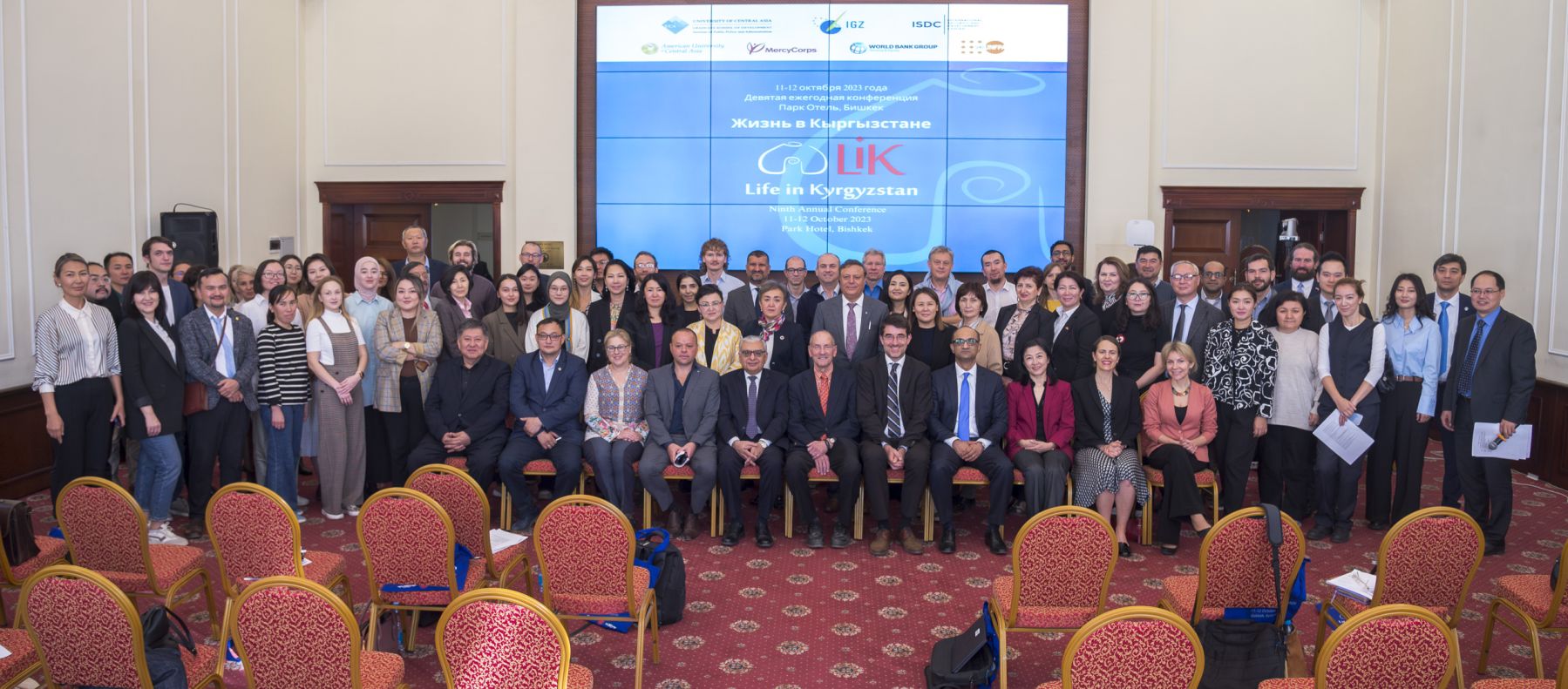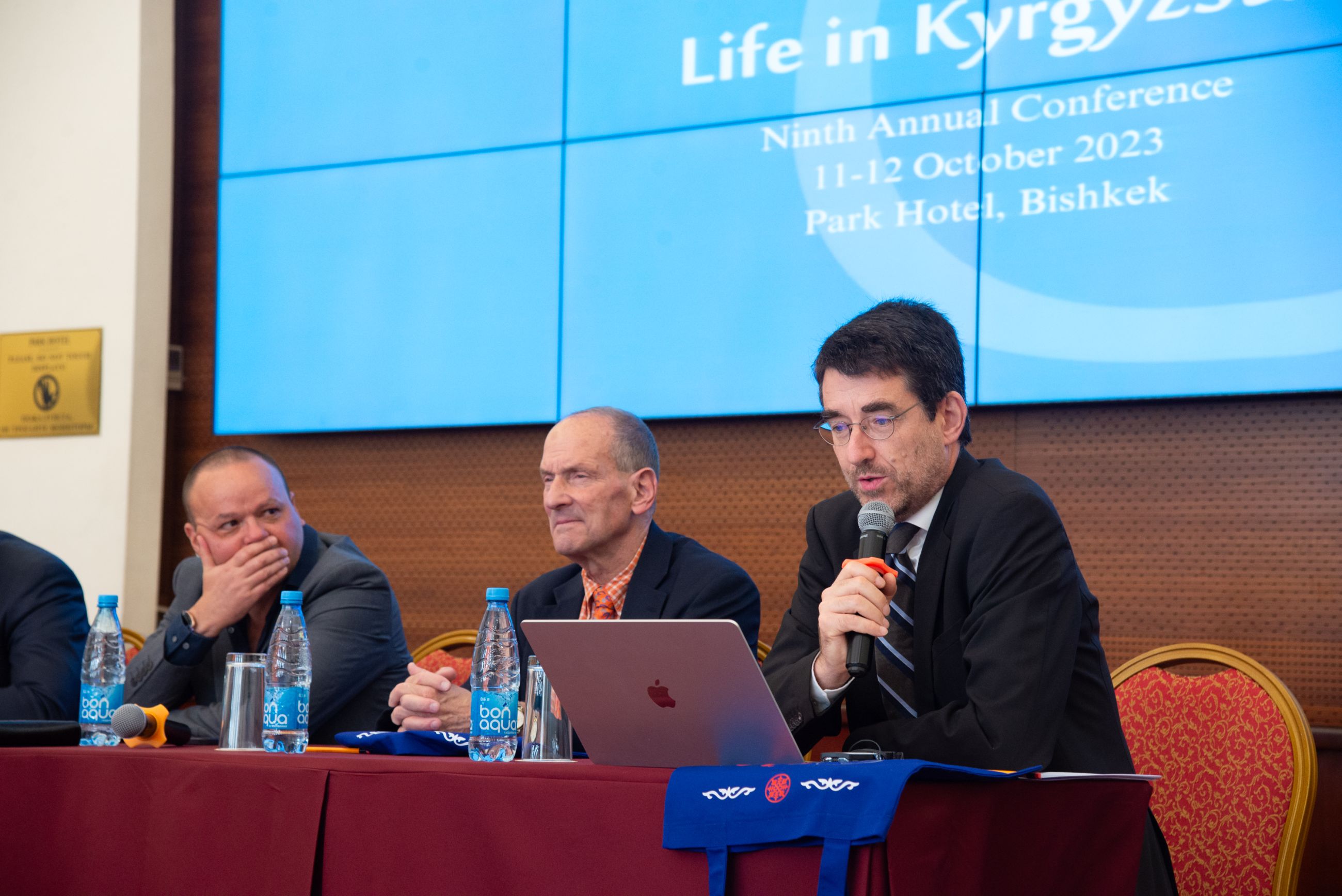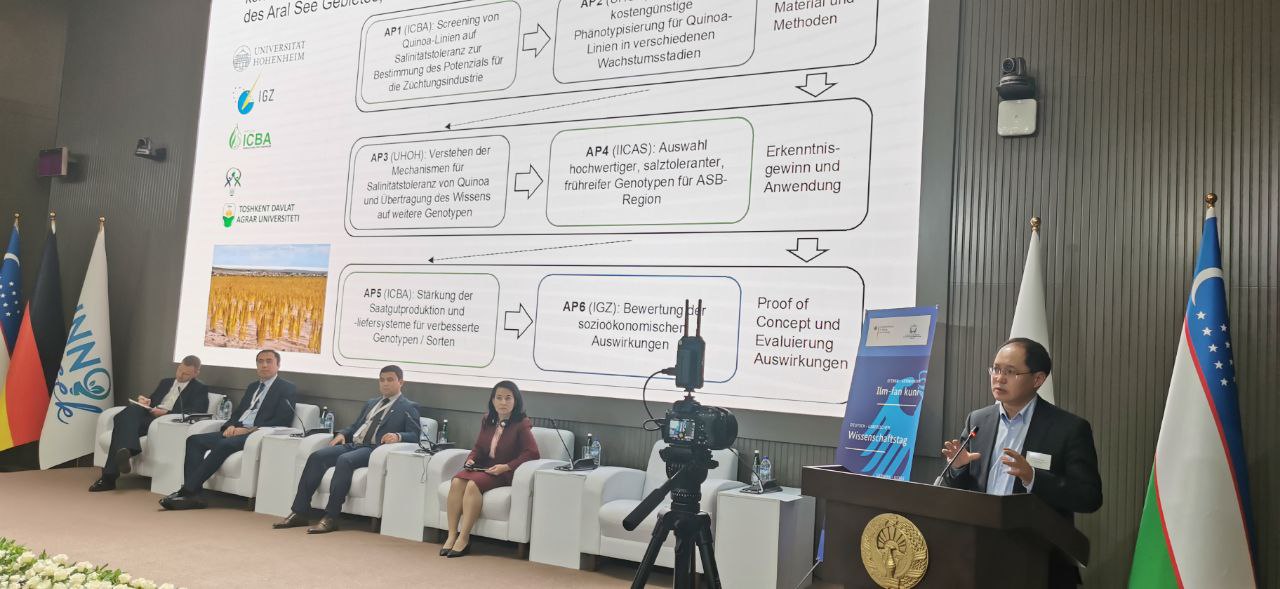IGZ research in Central Asia
9th Annual Life in Kyrgyzstan (LiK) Conference in Bishkek and ongoing research initiatives in Kyrgyzstan and Uzbekistan
IGZ is a central organizing institution since the beginning of the conference series in 2015 for the 9th Annual Life in Kyrgyzstan (LiK) Conference. This year, the conference featured an impressive lineup, including over 75 speakers who contributed to more than 23 thematic sessions. This gathering brought together both national and international experts from academic and research institutions, development agencies, government bodies, and non-governmental organizations.
The LiK conference has served as a vital annual platform for the exchange of knowledge and experiences related to recent socio-economic developments in Kyrgyzstan and Central Asia. The LiK annual conference is an integral part of the “Life in Kyrgyzstan Study”, which has been a cornerstone in enhancing our understanding of socio-economic dynamics and human development in the Kyrgyz Republic. This ongoing study has been tracking the lives of more than 8,000 individuals in Kyrgyzstan since 2010. By making this valuable data openly accessible, IGZ and its partners aim to illuminate critical aspects of life in Central Asia, covering household demographics, assets, expenditures, migration, employment, agricultural markets, food security, shocks, social networks, subjective well-being, and a multitude of other topics.
Furthermore, a LiK data user workshop was conducted in Bishkek to facilitate greater utilization of the LiK data by researchers for conducting applied research and teaching purposes. The workshop included an overview of the LiK Study's developments and academic impact, as well as the application of weather and climatic data in conjunction with the LiK data. It also delved into the construction of food security indicators.
Subsequently, the journey continued to Tashkent, where Brück and Esenaliev explored research opportunities in a country that is progressively opening its doors to research and cooperation. The IGZ team engaged with relevant development organizations, government think tanks, and local universities. As part of a series of inter-governmental research cooperation events in Uzbekistan, Esenaliev presented an upcoming research project, which focuses on sustainable production systems for non-conventional salt-tolerant crops such as quinoa in the Aral Sea region. This project is jointly implemented by IGZ, Hohenheim University, and the Tashkent Agrarian University, and funded by the Federal Ministry of Education and Research (BMBF) as well as the Uzbek government.
More information:
Life in Kyrgyzstan Study (LiK)
IGZ research group “Economic Development and Food Security”


